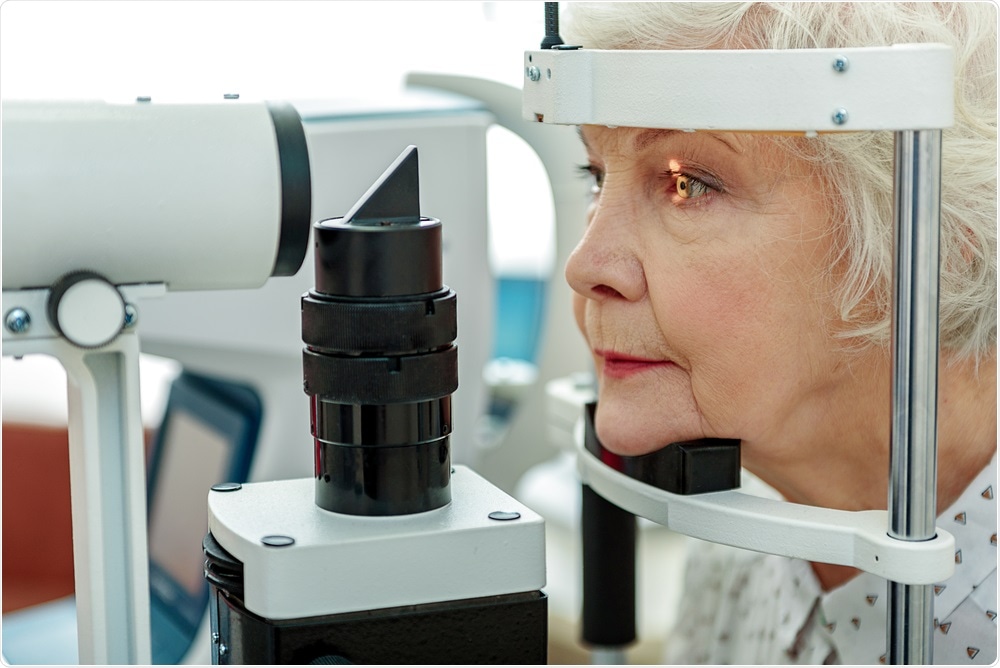A study has shown that a simple optician’s eye test could help predict whether a person is at risk of developing dementia.
 © Olena Yakobchuk/Shutterstock.com
© Olena Yakobchuk/Shutterstock.com
The test is usually performed to detect early signs of eye disease through assessment of the retina, but now scientists have found that individuals who have thinner retinas tend to be at a greater risk of developing problems with memory and reasoning.
The study involved 32,000 individuals (aged 40 to 69 years) who had parts of their retinas measured using optical coherence tomography (OCT) and who were also assessed for memory, reasoning and reaction time.
As reported in the journal JAMA Neurology, individuals with the thinnest retinal nerve fiber layer were more likely to fail one or more of the cognitive tests and were twice as likely to have lower scores in follow-up assessments carried out over the next three years.
Problems such as memory loss and other forms of cognitive decline are known to be early indicators of dementia and the researchers believe this eye test could be used to screen for people at risk of developing the condition.
Study author professor Paul Foster from the University College London Institute of Ophthalmology says:
It is likely that treatments will be more effective in slowing or stopping dementia at earlier stages of the disease. Also, by targeting people in the earlier stages, it should be possible to design better clinical trials for treatments that make a real difference and improve people's lives."
Experts say that deterioration of the retinal tissue could be reflective of the changes occurring in the vasculature of the brain, which may play a role in dementia developing.
However, the authors stress that just this test alone would not be enough to screen for dementia, since having a thinner retina is not always associated with the onset of cognitive decline.
Dr Laura Phipps from Alzheimer's Research UK says: "While a diagnosis of dementia will always rely on results from a number of different tests, further studies should look at how sensitive OCT could be at identifying those most at risk of cognitive decline in the general population."